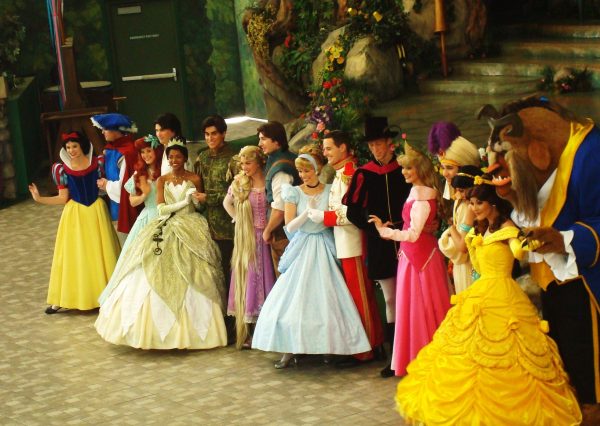Presidential hopeful Kamala Harris calls out President Donald Trump for criminal justice record despite discrepancies in her own
At the Second Step Presidential Justice Forum at Benedict College in Columbia, SC, the intended goal is creating bipartisanship. The event is from Oct. 25-27, with today being the final day. The forum includes speakers Joe Biden, Elizabeth Warren, Cory Booker, Pete Buttigieg, and six more democratic candidates who have advocated for bipartisanship and unity. And, at the head of it all, is the keynote speaker… Donald Trump.
Now, I generally do try and keep these columns balanced. And, with this forum being all about bipartisanship, I will try even more so. However, I cannot think of a more ironic person to be awarded the Bipartisan Justice Award at a historically black college than Trump. This irony was not lost on presidential candidate Kamala Harris, who pulled out of the event upon hearing this news.
Harris cited Trump’s “celebration of mass incarceration” as the reason that she believed he should not receive the award. After hearing that she was pulling out of the event, Benedict College event organizers removed the group 20/20 Bipartisan Justice Center as a sponsor after they gave Trump the award. After their removal, Harris rejoined the event and spoke on Saturday.
However, calling president Trump out for his policy for incarceration might have been a dangerous move for the former prosecutor. Harris, herself, has what Vox calls, a criminal justice record “full of contradictions.” She has created programs so people can find jobs instead of going to prison, but she has also fought to keep people in prison even after their innocence was proven. She also “implemented training programs to address police officers’ racial biases,” but then “resisted calls to get her office to investigate certain police shootings.” This flip-flop behavior is certainly not something that Harris can cover up. In fact, it has been the main source for argument between Harris and Joe Biden in past Democratic debates.
Harris, who labels herself a progressive prosecutor, has issued policies that oppose liberal movements and even pose threats to members of her own race. During her time as attorney general of California, Harris passed legislation that prosecuted the parents of children who were frequently absent from elementary school, “despite concerns that it would disproportionately affect low-income people of color” (New York Times). In 2014, she laughed when a reporter asked her if she would legalize marijuana for recreational use (now, a position that she supports).
Despite all of the contradictions in her record, Harris has attempted to reconcile her progressive relationship with criminal justice through her Criminal Justice Reform Plan (linked here). Her plan calls for an “end to mass incarceration” which she plans to achieve by investing in community-based programs that reduce crime.
While Harris is seemingly making the right steps to right her past wrongs, it is hard to see the plan as a completely genuine representation of how she would actually conduct policy in office. As we have seen through her career as an attorney general, she has made many decisions that counteract each other. This is something that she might want to consider before calling out other presidential candidates for wrongdoing in criminal justice.





